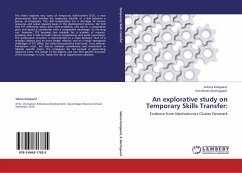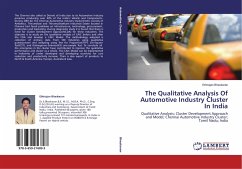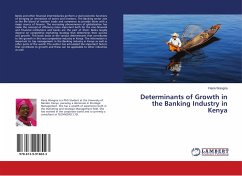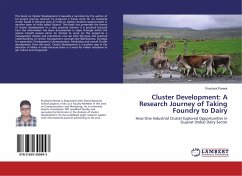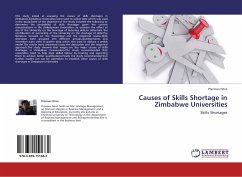This thesis explores two cases of temporary skills transfer (TST), a new phenomenon that involves the temporary transfer of a skill between a group of companies. The skill compensates for a shortage of human resources and solves capacity issues in the development process. We find that TST effectively solves short term problems, and due to a competitive price and speed it contributes with a competitive advantage. In the long run, however, TST becomes less valuable for a number of reasons, including that it fails to build internal competences and avoid uncertainty. The governance structure is characterised as a mean between that of a strategic alliance and an arm's length relation, and as a result managerial challenges of TST differ, but takes characteristics from both. Trust reduces transaction costs, but due to minimal commitment and investment in relation specific assets, the companies do not succeed in generating relational rents. The design of the alliance and non firm specific character of the exchange, in turn, makes the risk of opportunism obsolete.
Bitte wählen Sie Ihr Anliegen aus.
Rechnungen
Retourenschein anfordern
Bestellstatus
Storno

